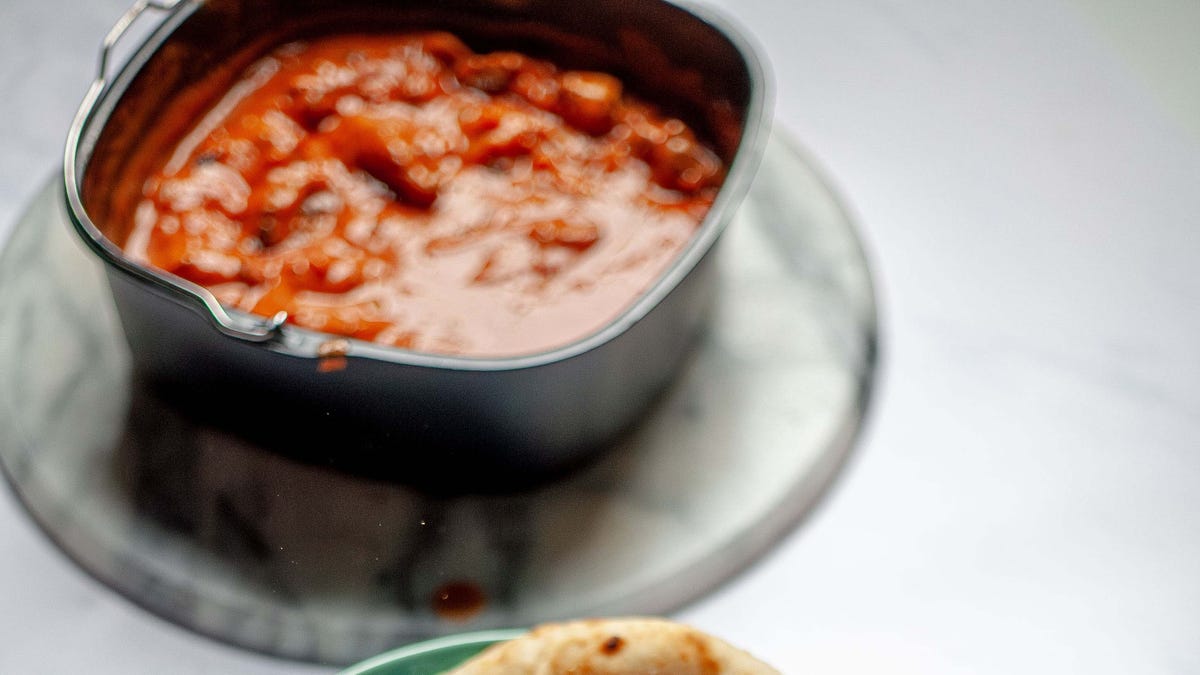The Association of International Property Professionals (AIPP) estimates that 1.3m Brits already own an overseas home and every year around 35,000 more of us join them.
But whether you plan to use your home abroad for weekend escapes,family holidays, or as a future retirement pad, it’s worth deciding this upfront and doing your financial homework about fees, running costs, and taxes.
"Buying abroad is exciting but don’t leave your financial sense on the airport tarmac," advises Mark Harvey, Knight Frank’s Head of international residential. Here are six things to think about before you buy...
What to read next
Things that have changed since Brexit
You can still buy freely in the EU, but what’s changed is how long you can spend there. British passport holders can stay for 90 days in any 180-day period without a visa. Otherwise, you can apply for a long-stay visa, but you usually have to have private healthcare and sufficient funds to support yourself.
Budget for extras
As well as the property itself, there are extra costs to factor in, such as estate agent fees, legal, surveyor and registration fees, and notary, bank and currency charges. "People often don’t budget for these, then run into trouble," explains Peter Robinson of the Alliance of International Property Owners (aipo.org.uk).
He suggests allowing 12-14% on top of the final purchase price. You’ll also need to pay transfer tax and stamp duty on the land registry value of the property.
Get proper advice
It’s vital to use an independent, English-speaking lawyer who is experienced in dealing with British people buying abroad. Don’t use one recommended by the estate agent or seller. "They may not be independent and you need someone acting in your interests alone," explains solicitor Peter Esders of law firm Judicare.
Unlike the UK, you’ll also need a notary, who authenticates legal documents and makes sure all taxes are paid (try aipp.org.uk).
Don't forget the exchange rate
Whether you’re a cash buyer or need a mortgage, at some point you’ll have to exchange your pounds into another currency. Think about using a Foreign Exchange (FX) company, rather than your bank, as they generally offer better exchange rates. You can fix a rate with them or they will monitor the market and suggest the best time to convert your cash.
Think about inheritance
It’s a good idea to make a second will for the country where you have your foreign property as just including your overseas home in your UK will may cause future problems after your death, or mean you don’t end up leaving your property to whom you intended.
Under UK law you can leave your assets to whoever you want but in many European countries such as France, Italy and Spain, forced heirship rules may dictate who you can leave your assets to and who you can exclude.
Renting it out?
Around 60% of owners rent their property out to help with running costs. "Check before you buy if short-term holiday lets are allowed," advises Peter Robinson. "In Spain, for example, some regional governments have clamped down on this."
Check if you need a licence, conform to local safety regulations and have the relevant insurance. You will need to pay income tax on your rental income locally and declare it on your UK self assessment tax form. If you are a UK resident, you also pay Capital Gains Tax when you sell overseas property and you may also have to pay tax in the country you made the gain in. Although you may be able to offset the tax paid there against your tax liability in the UK.














